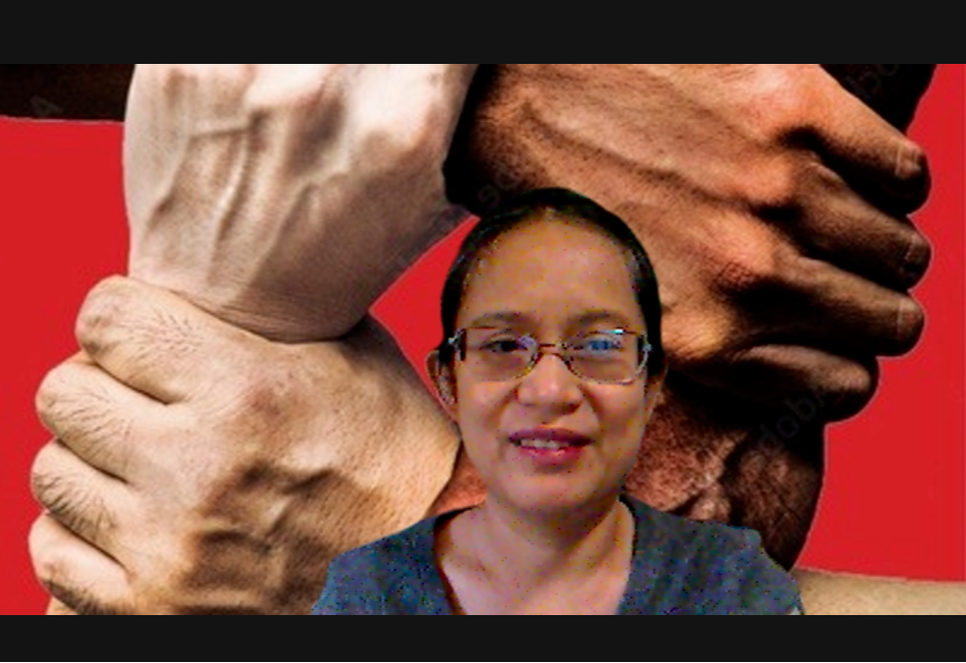Archives
July 2024
Categories
All
|
Back to Blog
DEFINITIVE STEPS5/21/2024  I don't care about what others are doing but I'm simply driven to take the next definitive steps. In any meeting or conversation, you are leaving so much opportunities on the table by not following-through. I've heard many times for colleagues and those who walked in this shoes many years ago that, working as a consultant or advisor means taking the time o figure out what's the next reasonable steps to take to advance the work. I had last time in my consulting project declined to meet several staff in the department who loves to talk but doesn't in anyway impact the project am working with them. I told the manager and the supervisor of the project that I don't need to meet these people, let alone talk about it in-person when they can just send me the right project documents. You set the parameters of engagement and you also steer towards the next. If you don't follow-up, you'll never know. Your email could have been lodged in the spam folder. Your email did not reach the intended receiver because the address is no longer used/valid. Your email is not attended to because of workload or just ignored because it wasn't seen as a priority. Your email or conversation is parked in a parking lot when there's no date attached to it. That so far is the worst of all, being put off for 'later use' until the idea becomes obsolete or redundant or events surpassed the need. If you don't follow-up, you'll never know. Your job is to get your stuff front-and-centre. Get to the next step, and the next, and the next, until you reach a mutual agreement. That's the part you can control. #getthingsdone!
0 Comments
Read More
Back to Blog
INFLUENCE FOR GOOD5/16/2024 We all have influence and yet some of us refuse to exert influence when it's important that we do so. I have been in conversations with a prospective client who was just wanting to be heard and not sold. By listening to what exactly was not being said, I offered to help out in their curriculum development of a course that was missing in their program. I got an instant project. The theme of my short seminar for the year, became lo and behold, the theme of the annual graduation ceremony and culminating research convocation. I'm very happy that it turned out well for them. There are ways by just speaking out, (not complaining or blaming) for an issue or a concern, will create opportunities for others to speak out or move in that direction. I was at a meeting one day. The chair of the meeting told us, "You're lucky you have a job. While others are being laid off, you have a paycheque every quarter." I said, "We are lucky that we have good jobs. We are here to ensure that everyone of us have a great working experience every time we come to the office." Heads nodding. Another meeting where Christian pastors asked: "What is this diversity project with the municipality all about? I responded that it's for building connections between the East and West side of our community and everything in between. Well, the rumors didn't match the reality. Recently I had a conversation with a Board Director for an interview to a Board position at a regional service organization. Mutually, we have arrived at a decision that I should defer my application after a few years when the organization had stabilized in its operation. I also added that, "The way the current Board is doing all the work of organizational development is untenable. No self-respecting Board Member should carry all the work that the Executive Director should be able to perform." Silence. You are influential to your family members, friends, and colleagues. You are influential to your boss, supervisors, and managers. You are influential to your service providers, your doctors, lawyers, staff, and the whole suppliers that you work with. They want to get your feedback, opinion in ways they can improve. You are influential to your spheres of community. Don't cede your influence to an arbitrary set of ideologies, rules, and dogmas. Don't be intimidated by the largeness of the room, the initials to the name, or the social media following, or anything exterior or externalized. Don't be the silent majority that takes the beating for everyone else and gets all the suffering. Don't try to please people and be obsequious. The opportunity to influence for good is always available, matter of fact, ubiquitous. Don't you see that I'm trying to influence you?
Back to Blog
DELIGHT AT EVERY OPPORTUNITY3/25/2024 I just moved to a new celfone provider from one that I had for more than 3 years now.
The agent presented a better price, better service, better features, and overall ease with the move. I was convinced easily. Plus I didn't get charged for a connection fee. The best is that he knows who is he talking to: small business owners who are always on the lookout for better communications to power their businesses. The admirable part of it is that he got my data from the thousands of subscribers and zeroed in on what the segment I represented really needs. Their competitor had no clue as to what happened just that one subscriber out. We could be in thousands until it's too late for them to figure out what was going on. It's not rocket side to please a customer. You have these things and the switch will happen. Don't let your valuable partner, donor, or customer switch and disappear out of the blue. Mere satisfaction is a given. But surpassing expectations and finding out what would delight them at every stage of their relationship with you is the challenge. |
 RSS Feed
RSS Feed

